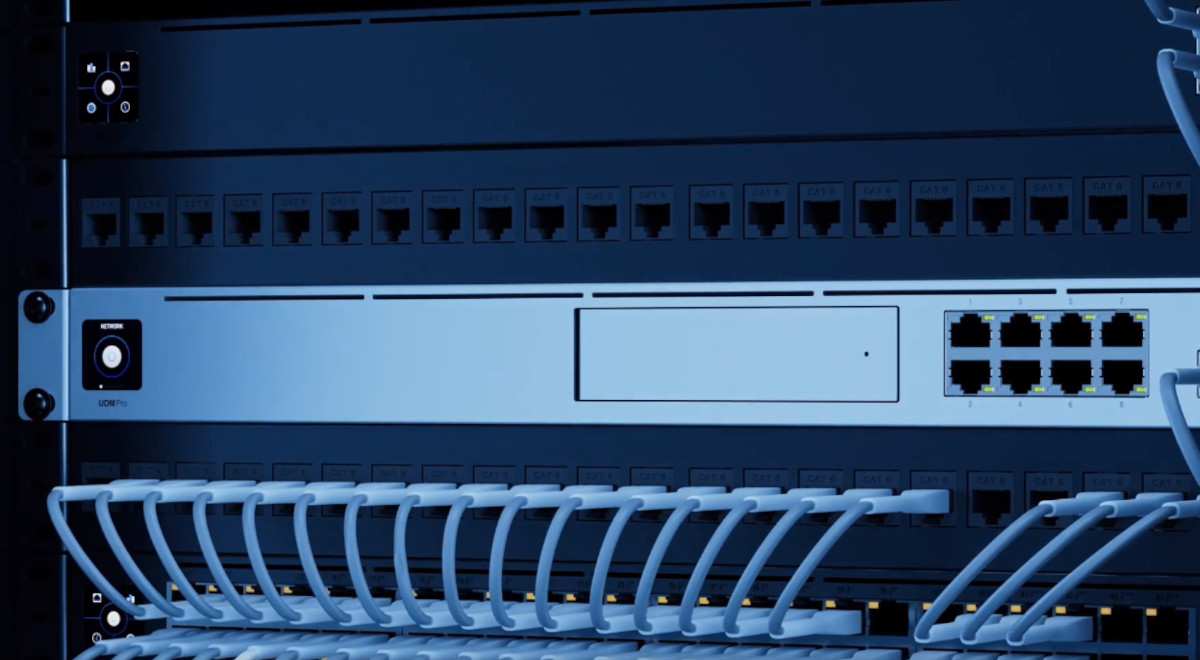Smart scales will assist you in losing weight and keeping fit!
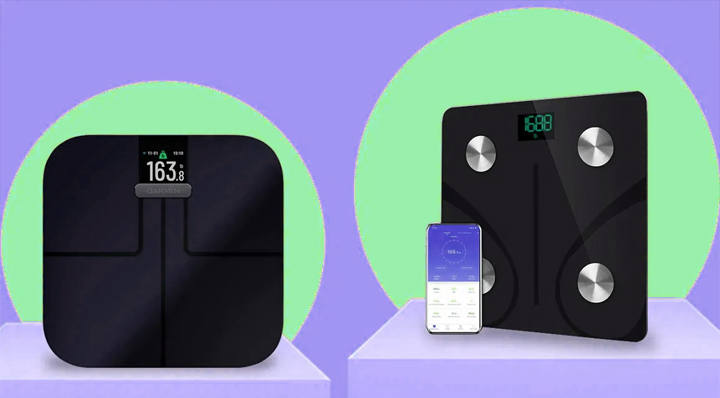
Bathroom scales have been around forever, even in 2000 B.C they had a form of bathroom scales, not as sophisticated as the ones we have today, but something they used to measure body weight. These days, most products have a "smart" variant such as a smartwatch, smart refrigerator, smart lawnmowers, and in regards to what we’ll be discussing today, smart bathroom scales. So if you’re unfamiliar with smart scales then read on as we explain what a smart scale can do, what it can measure, and how it can benefit you.
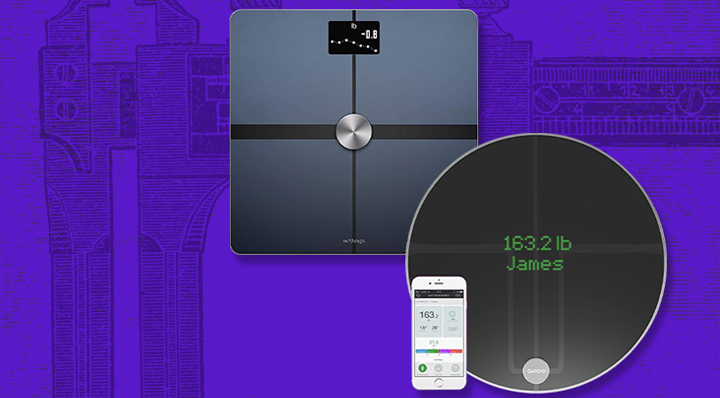
What Is A Smart Scale?
To put it in short, it’s a scale that connects to an app on your phone in order to track your fitness data. Just like other smart devices, it will automatically track and store its data within an internet-based system. Usually, this is done through a smartphone but can also be done through a web browser on your computer. Sometimes, they may be called "Wi-Fi scales", but these are the same thing.
When I think of bathroom scales, I think of it tracking my weight. However, smart scales can do a whole lot more.

What Can A Smart Scale Measure?
Smart scales, as with traditional bathroom scales usually measure weight. However, a smart scale will also automatically record this for you and sync it to your app so that you can review it. Depending on which model you go for, they may also track other metrics such as:
BMI
Body mass index, or commonly known as BMI, is a value often used to determine someone’s health status, it’s usually a ratio of your weight to height. The way this is calculated is: BMI = Mass (in KG) / Height (In meters) and then squared. BMI is usually measured in adults between the ages of 18 and 65.
BMI is often used to determine whether someone is overweight for their stature. A BMI of under 18.5 is considered to be underweight and anything over 25 is considered overweight. So the range you want to be in is 18.5 – 24.9.
BMI is a good way to give you a ballpark idea of your overall health, however, it does have its inaccuracies. By this measure, muscular people who have lots of muscle mass would be considered overweight in a BMI test, even though its lean mass. However, for the average person who doesn’t have a "next to nothing" body fat percentage, it’s a good metric to keep your eye on.

Body Fat Percentage
Body fat percentage is a measurement of how much fatty tissue consists in your total weight. This is measured with both essential and stored fat. If you’re looking at overall health then this is a good metric to follow. Having a low body fat percentage is typically most people’s end goal. However, too little body fat can also be very unhealthy.
The average male has a body fat percentage range of 18-25% and 25-31% for females. Having a lower body fat percentage makes you look leaner and fit. However, males should not drop below 6% and females should not drop below 11%. These fats make up your essential fats that your body needs to function normally.
Muscle Mass
Muscle mass is how much muscle tissue you have in your total body weight. For people who are trying to bulk and gain muscle, this is a very beneficial metric to follow. Sometimes, it may be hard to tell if you’re gaining weight from fat or muscle. Of course, you can always look in the mirror but for people who are really fit and lean, this may not be as evident.
Smart scales can give you an approximate estimation of how much lean mass you have. It’s good to track this over time to see if you’re reaching your muscle mass goals.
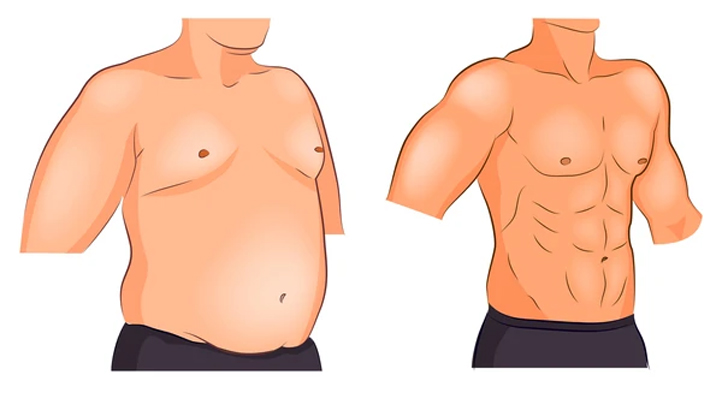
Fat-Free Body Weight (Lean Body Mass)
Fat-free bodyweight (also known as lean body mass) is your body weight, minus all the fat weight. This weight also includes stuff like bone weight and water weight. Some models may even differentiate between bone mass and water mass, if you’re curious.
Of course, it’s hard to tell you if it’s 100% accurate just by standing on a scale, but more on this below.
These are what the majority of smart scales can measure. There will be other models that can track other stats for you, but this is what’s most commonly found in smart scales.
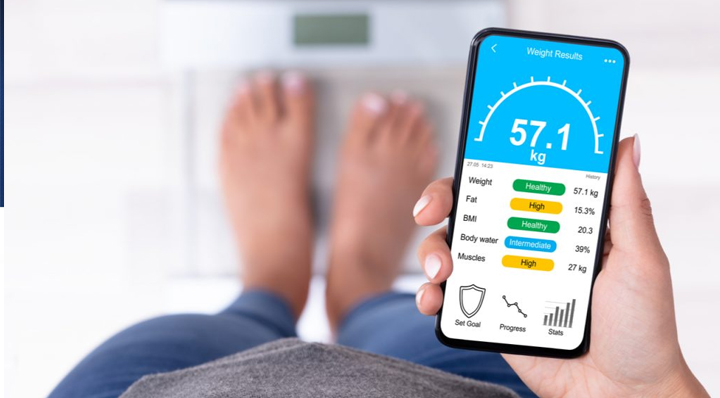
How Does A Smart Scale Work?
The smart scales that we see in everyday stores work by using bio-electrical impedance analysis (or BIA for short). So the scale can measure how much your body resists an electrical pulse. Don’t worry, a scale will not electrocute you. It will send a very low-grade electrical signal through your body and detects how fast it travels.
Electricity travels faster through bone and water in our bodies, but slower when it encounters fat as there’s less water content. So the more water you have in your body, the faster the current will travel. Different types of body tissue will have different amounts of water content.
When you step onto a smart scale, you’ll see that it has either 2 or 4 electrodes that you can stand on (typically look like metal circles, tic-tac shaped or on some models, they’re completely hidden). This is where the current starts and gets sent through your lower body and analyses the results. It’s based on how fast the current travels, the scale can use different equations to estimate how much fat, bone, and muscle mass is in your body.
Once you have this information, the scales can send the information to whichever fitness app you to review and track the changes over time. Most scales do this automatically, every time you step onto the smart scale. Depending on the fitness app, you can use this data and track it over time to set goals for yourself.
Most scales are compatible with many fitness apps, however, some use their own apps. These apps are 99% of the time, free of charge. It’s a good idea to make sure the scale you are considering uses an app you are already using or are willing to use, such as Google Fit, iOS Health, Apple Fitness, etc.
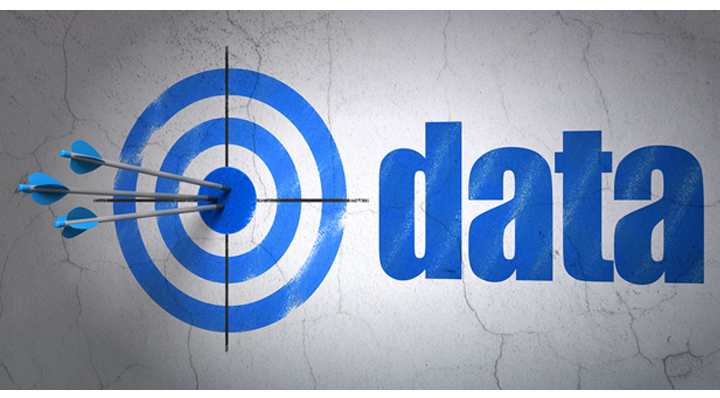
How accurate are smart scales?
This is hard to measure as different smart scales have different qualities. As previously mentioned, the scales only estimate your fat mass or lean mass, based on how fast the electrical current travels through your lower body. The smart scales make an "educated guess" based on the results that are provided from your readings, but there are factors that can affect the results.
Hydration
Since most of these results are based on your water content, being dehydrated is going to affect the results of your readings because the electrical current will move slower, due to the lack of water in your system. This will make the scale think you have more fat content than you actually do and cause higher readings to your body fat percentage and lower lean body mass readings.
Vice-versa is also true. If you drink a litre of water just before getting on the scale. Your water content will be higher than normal, resulting in a lower reading on your body fat percentage.

Eating
Your body fat ready may be inaccurate if you jump onto the scale a little bit after eating. Possibly, due to the increased liquid in your body from the food, it would show a lower body fat reading.
Exercise
If you just finished a workout and hop onto your smart scales, it can give you less reliable results. When you exercise, it increases your body’s electrical conductivity. This will make the current travel faster which will result in less fat mass.
Due to these factors that can affect the results, it’s best to weigh yourself at the same time and if possible, with the same type of clothing every time you jump on the scale for best results. Even if you do this daily or weekly, it’s always best to have the same conditions whenever you weigh yourself. We do recommend weighing in the morning after you’ve gone to the bathroom, for the best results (before eating or drinking anything). Scales with 4 electrodes are typically more accurate than scales with 2.
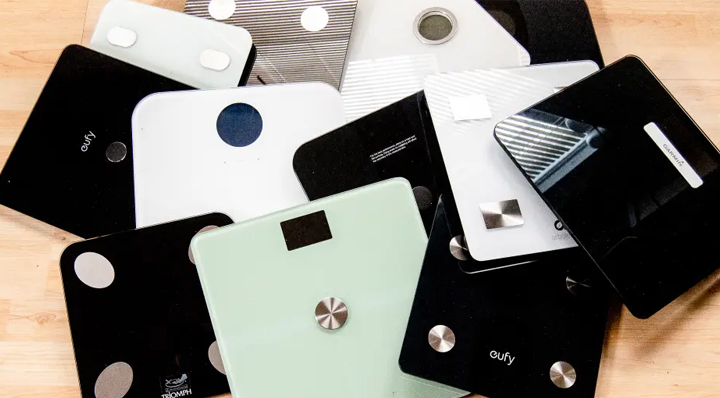
Are Smart Scales Worth Buying?
While their calculations aren’t exactly perfect, they still hold good value and provide excellent data for those who like keeping fit or simply want to change their lifestyle a little. If you’re into data tracking and high-tech gadgets, then it’s a good option for you. They’re great to give you a ballpark idea of how you’re doing and also really helpful for you to see changes over time.
Regardless of the results possibly being a little off, the data that it provides is what you want to track, as you’ll see changes as you process towards your goal whether you’re losing weight or gaining muscle. Since weight gets tracked automatically, it’s very easy to keep track of this through your app.
Conclusion
I think they’re worth the investment if you’re into fitness, want to lose weight or if you simply want to just track your weight. Smart scales don’t cost much more than your average (good) bathroom scale, so for an extra few 10s of dollars, go with a smart scale.
Check out Wireless 1’s smart scales section by clicking here!










